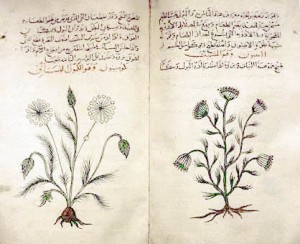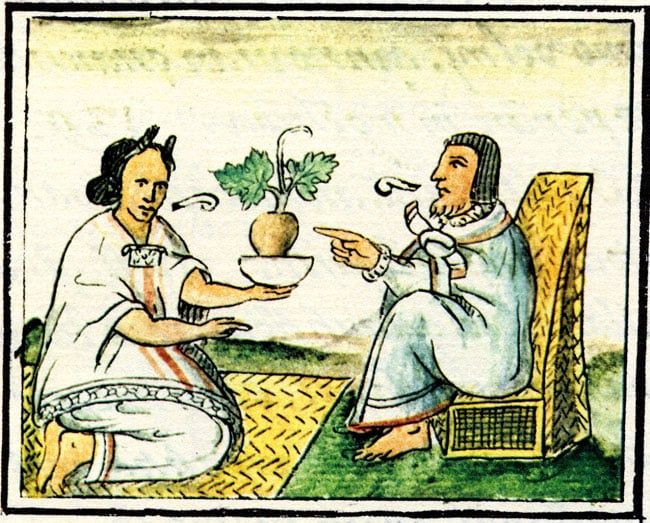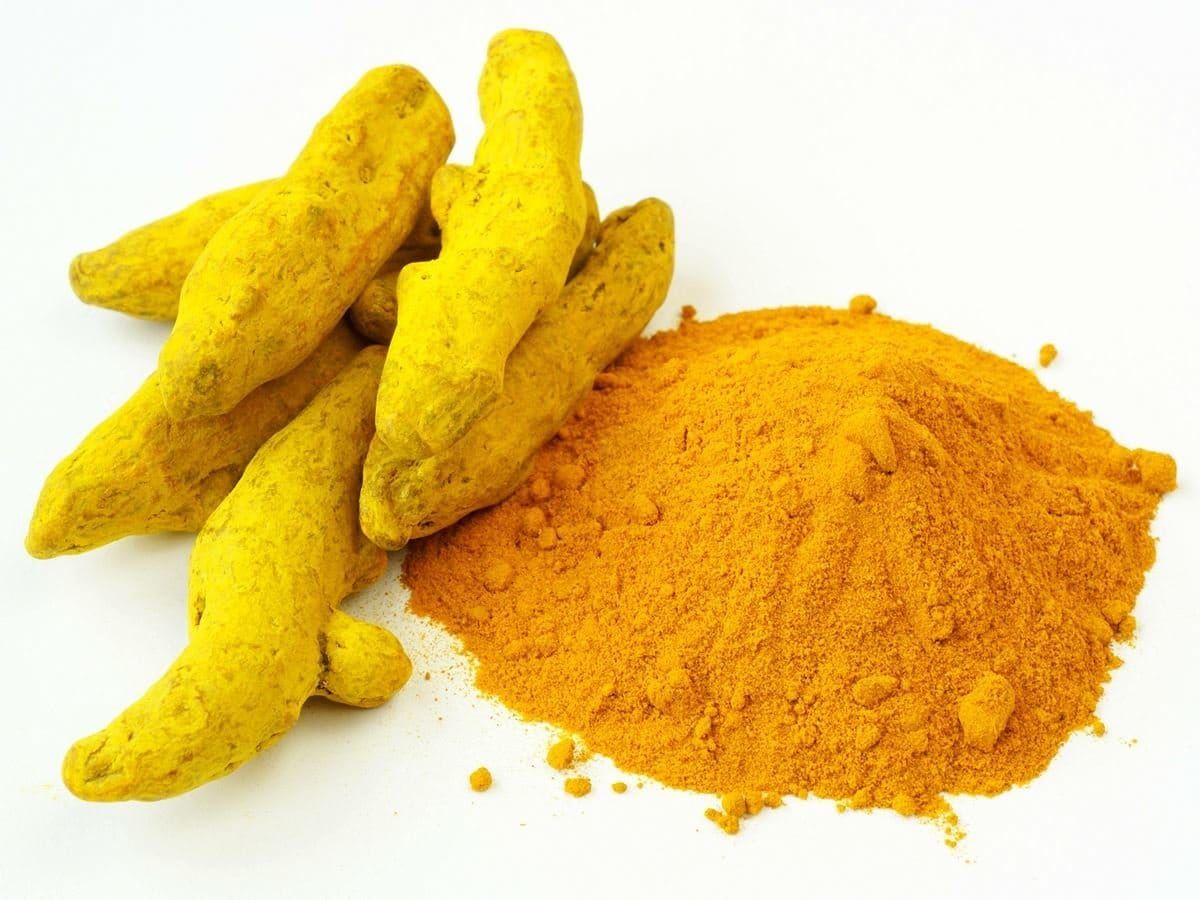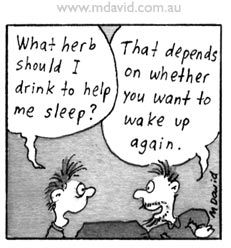The history of veterinary applications of herbals and botanicals is long and well documented. For example, black and white hellebore (Helleborus niger and Veratrum album, respectively) was pierced through the ear of horses or sheep by the Roman physician Pliny in the 1st century AD, as well an in the early 20th century as a purgative, emetic, anthelmintic and parasiticide (although it caused death in many animals). Historical prescriptions for herbal use can be found in such diverse sources as the Chinese Yuan Heng liaoma jiand in the medicinal practices of the North American Indian. Botanical “horse medicines” were provided during the Civil War. Even as late as 1957, popular books continued to list such substances as aconite, belladonna, cinchone, ipecac, nux vomica (strychnine) and tobacco for veterinary use. However, more recently, such titles were in scant evidence until the latest revival of interest in the use of herbal and botanical veterinary remedies. Read the Rest >>>
Increasing Circulation (or not)
Have you ever heard the phrase, “Therapeutic intent?” Therapeutic intent refers to a specific endpoint that you’re looking for from a particular treatment. So, for example, if your horse has a bacterial infection, and you give him some antibiotics, your therapeutic intent is to kill the bad bacteria so that he’ll get better. Simple, right? […]
The Curious History of Herbs and Plants as Medicines
The history of veterinary applications of plants – today mostly referred to by such terms as “herbals” and “botanicals” – is quite long and well documented. Given all that’s known and been published, it’s also a bit curious that it’s a source of so much misinformation. That’s interesting, too! QUICK NOTE: That fact that plants […]
Let’s Look Into Turmeric
It seems like the past three years or so has seen an increased interest in turmeric for the treatment of various horse problems: mostly those that involve inflammation of some sort (e.g., arthritis). Like most of the “natural” products with which horse owners are presented, the questions about turmeric are usually along the lines of, […]
“Certified” Experts
“An expert is someone who knows some of the worst mistakes that can be made in his subject, and how to avoid them.” ― Werner Heisenberg I had hoped that by going to veterinary school, it would be generally acknowledged that I knew something about animals, and, in particular, horses. Happily, this is mostly the […]
New EU Regulations on Herbal Medicines Come into Force – 4/30/11
A new law in the European Union aims to protect consumers from possible damaging side-effects of over-the-counter herbal medicines. For the first time, new regulations will allow only long-established and quality-controlled medicines to be sold. CLICK HERE for the article from BBC News Dr. Ramey notes: No such protection is offered to horse owners. Herbal […]







